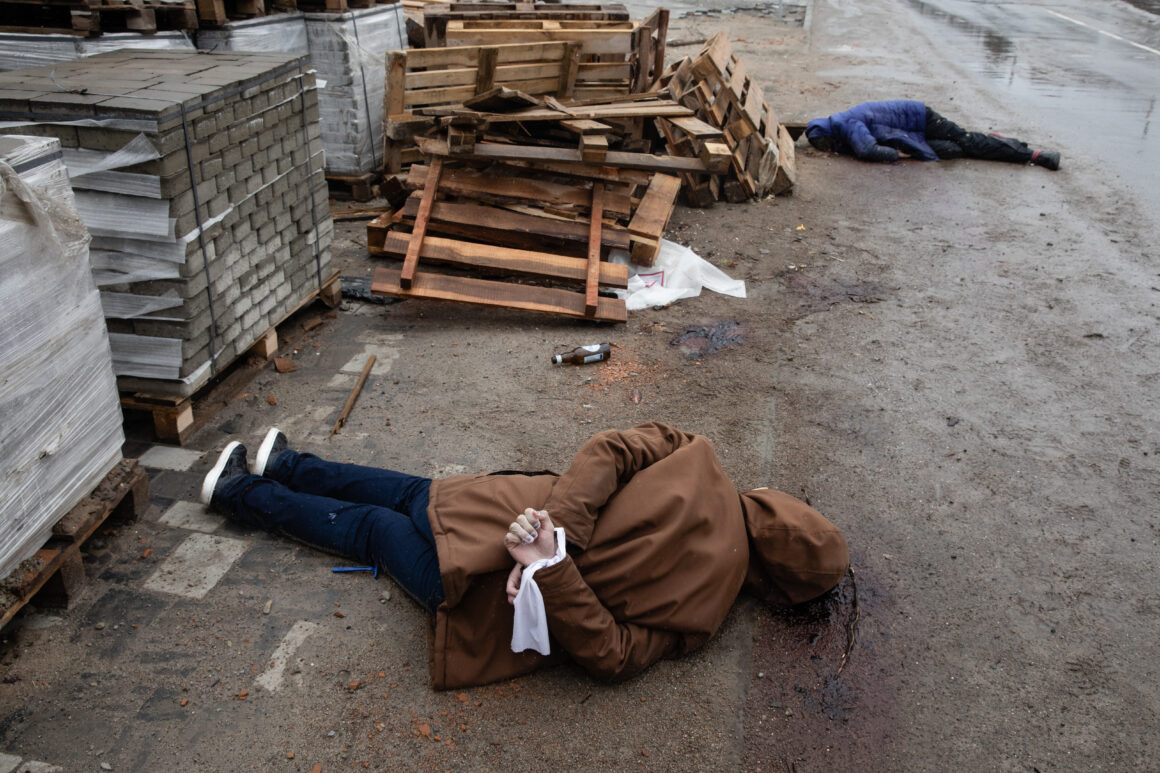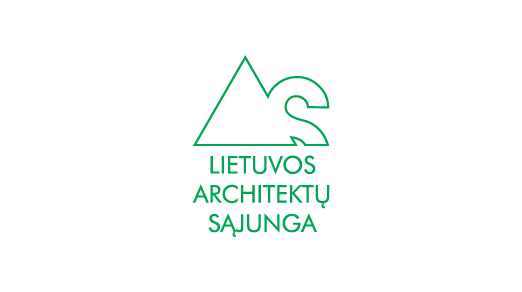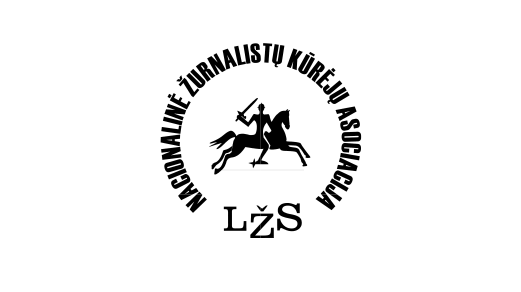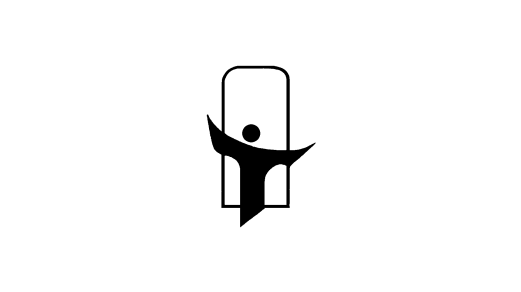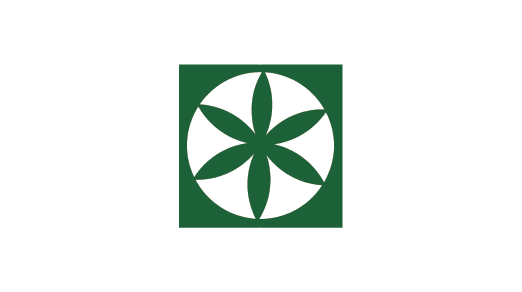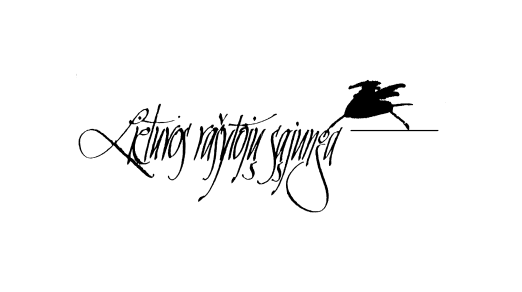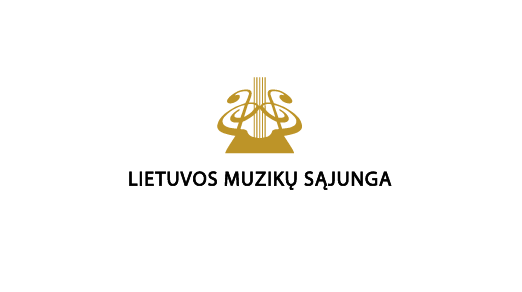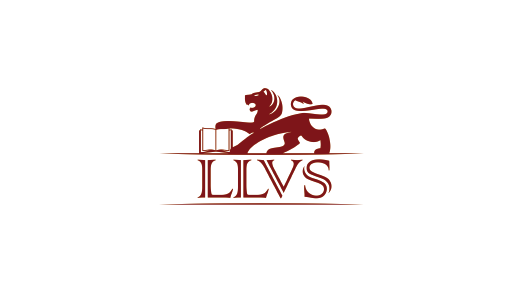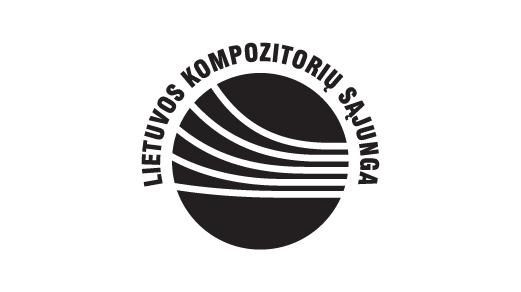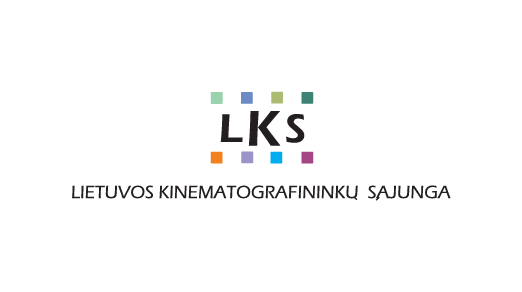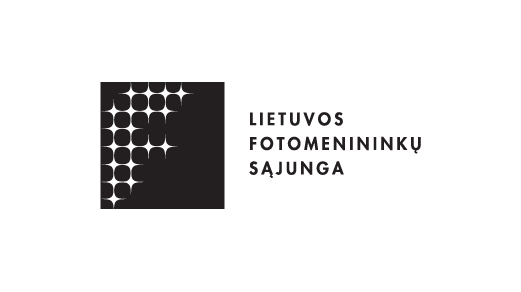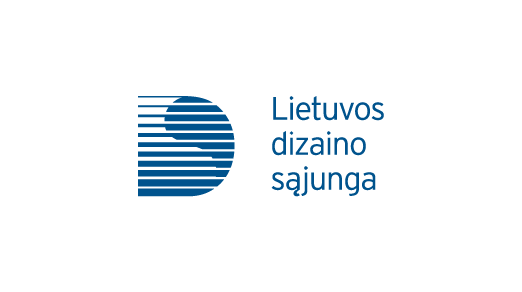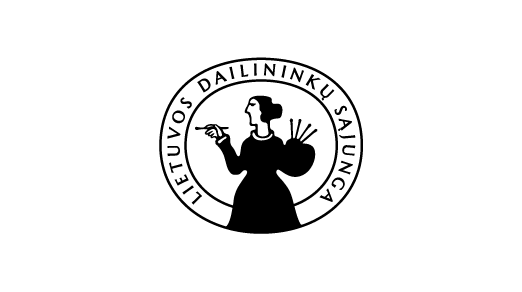TO:
The President of the Republic of Lithuania
The Speaker of the Seimas of the Republic of Lithuania
The Prime Minister of the Republic of Lithuania
The Foreign Minister of the Republic of Lithuania
The Minister of Culture of the Republic of Lithuania
The Arts and Culture Community of Lithuania
The Lithuanian News Media
A Call to Close the Skies to Russian Arts and Culture
The Conference of the Lithuanian Artists’ Association, reacting to the news heard round the world in the first days of April of this year about the killing of civilians by Russian soldiers in Ukraine, calls on the country’s leadership to close the skies – to declare an embargo on Russian art and culture in Lithuania until the end of war in Ukraine.
The dehumanized brutes, who with Russia’s accumulated aggression violated and violently slaughtered the innocent inhabitants of the Bucha, Borodianka, Mariupol and other Ukrainian cities, present themselves to the world as being the descendants of the great Russian artists and as representatives of a nation which created global artistic values. Proud of themselves, they lay claim to Russia’s humanistic tradition, attempting to use this to mask their chauvinism and lack of humanity. For centuries now, Russia has used culture and art for the consolidation of its imperialistic powers, even when the artists themselves disagreed with official ideology of the state. Various symbols and language were used for this, even those that rebellious artists tried to reinterpret. This is how the power of the aggressor was consolidated in the people’s subconscious and used to instill fear. During this time of embargo, we urge you to consider how much Russian art and culture is directly or indirectly involved in the spread and consolidation of colonialist ideas.
Understanding that this is a political step, we urge the political leadership of Lithuania to take real action, as opposed to “expressing concern” as Europe’s politicians like to do. Declaring an embargo on Russian art and culture would set an example of how this unbridled and incomprehensible aggression can be stopped not just with economic levers, but also by at least temporarily rejecting the aggressor’s cultural pride, thereby expressing in no uncertain terms that it is impossible to use the humanistic ideas spread by art and culture to mask the genocide being committed by Russian soldiers in Ukraine and the rape of children in front of their parents’ eyes. We believe that the state and nation bear responsibility for the actions of the murderers and their military leaders because these murderers are a part of that state and nation.
We urge our country’s institutions to declare an embargo and create a forum wherein representative organizations and various groups in society, including ethnic communities, would agree to the embargo’s implementation and form. In order to avoid the impression of censorship, we do not suggest making individual exceptions. We urge the embargo to be put into place with systematic decisions. We agree to continued communication with those artists who clearly, unequivocally and immediately condemned Russia’s war against Ukraine, however we must refrain from the dissemination of their work in Lithuania until the embargo is lifted. We support the idea of re-naming the Russian Drama Theater in Vilnius. We suggest naming it The Theater of Nations.
In relation to our proposal as expressed above, we would like to accentuate the fact that this cultural embargo is not directed against concrete individuals. The Lithuanian Artists’ Association exclusively urges a rejection of the aggressors during the time of war – so we believe the declaration of an embargo on Russian art and culture should hold until Ukrainian lands are entirely returned to their control as set out in the 1994 Budapest Memorandum, until the last soldier and piece of military hardware of the aggressor are withdrawn, and until an international tribunal is established and the aggressor accepts responsibility as to when and how Russia will pay reparations to Ukraine, and until punishments begin to be served for the for the organizers and perpetrators of genocide. And only then, when these actions have occurred can we consider lifting the embargo on Russian art and culture.
The Second World War was not a fitting time for the Allies to organize Beethoven concerts in the rear, and the present war is not the best time to put on the plays of Chekhov. We will remember all of this culture well enough when the terrorist state is destroyed and its real culture taken out of the hands of dictators who now use it as a tool of soft power.
The Lithuanian Artists’ Association Assembly
April 12th, 2022
